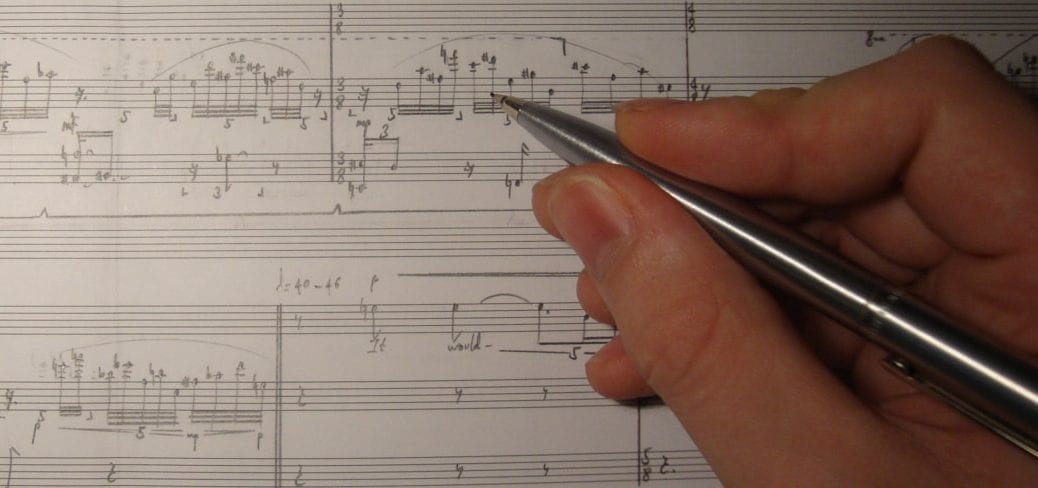How Test Doubles Improve Your Code: PHPUnit and Laravel
Ever avoided writing tests because setting up a real database felt like too much work? In PHPUnit, test doubles are a way of testing your code in isolation from its dependencies. Common types include stubs, mocks, and fakes. Imagine you’re testing a function which has a dependency injected into it, e.g. a Database class. You want to test your function but you do not want to instantiate and test the dependency, at least not in this test. Your test can…









